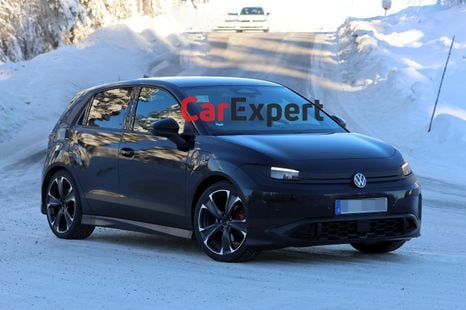

Damion Smy
2026 Volkswagen ID. Polo EV spied along with ID. Polo GTI electric hot hatch
6 Hours Ago
Honda and GM are parting ways, with each automaker now set to develop "affordable EVs" on their own architectures.

Journalist
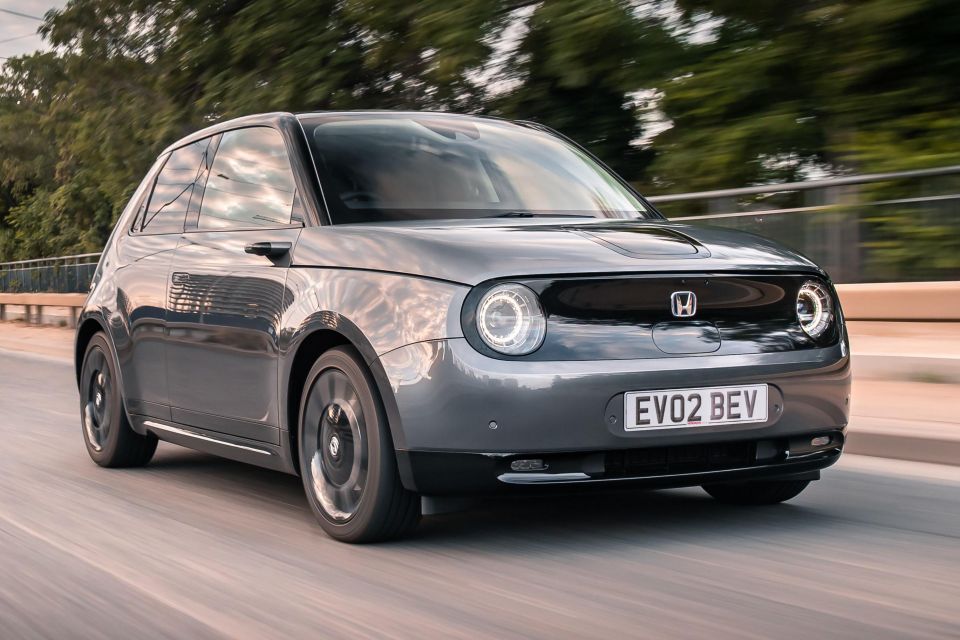

Journalist
It’s off! Honda and GM are no longer jointly developing a global range of affordable electric vehicles (EVs) that were due to hit showrooms from 2027.
In an interview with Bloomberg, Honda CEO Toshihiro Mibe said, “After studying this for a year, we decided that this would be difficult as a business, so at the moment, we are ending development of an affordable EV.”
Sanaz Marbley, a spokesperson for GM, confirmed the decision to theDetroit Free Press.
“Last year, we began working on an affordable EV program for global markets, which was slated for introduction in 2027,” she said.
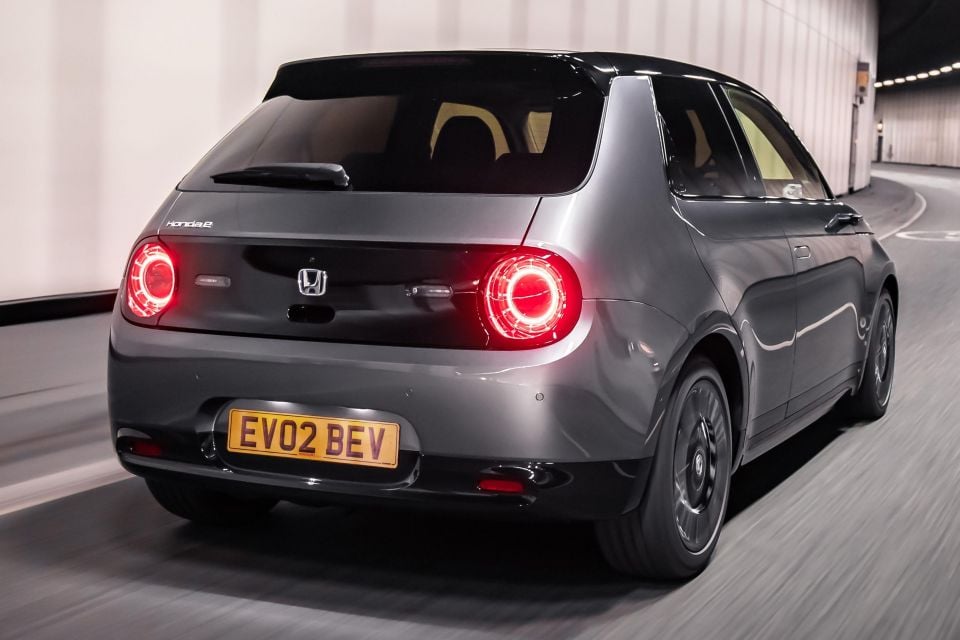
“After extensive studies and analysis, we have come to a mutual decision to discontinue the program. Each company remains committed to affordability in the EV market.”
In April 2022 the two automakers announced they would be “co-developing a series of affordable electric vehicles based on a new global architecture using next-generation Ultium battery technology” with the aim of producing “millions of EVs starting in 2027”. The initial focus of the joint project would have been small crossovers.
At the time GM and Honda also said they would investigate further collaboration on battery technology to both improve performance and reduce cost. It’s unknown if the two firms are still planning to work together in this field.
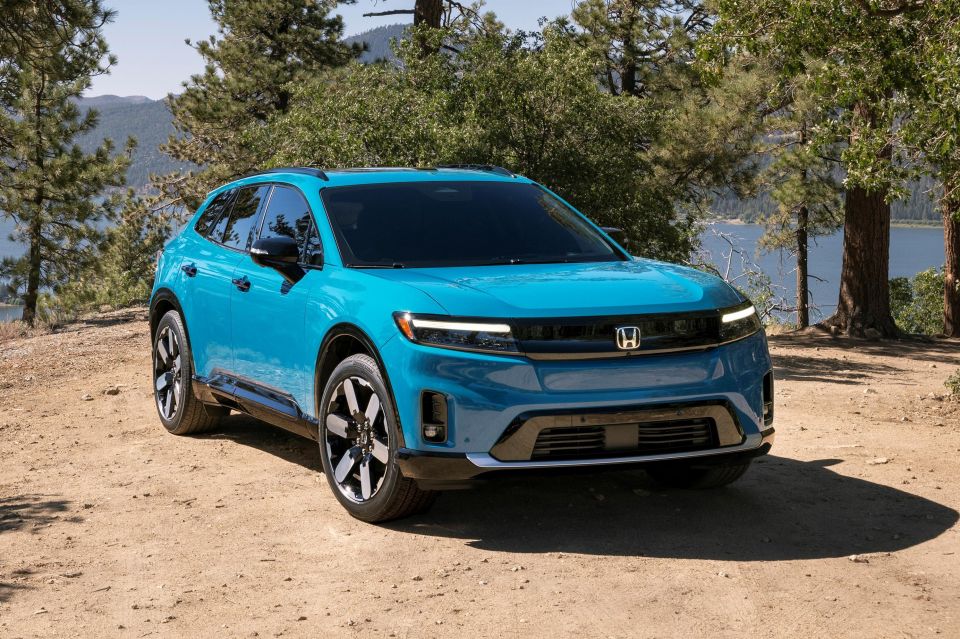
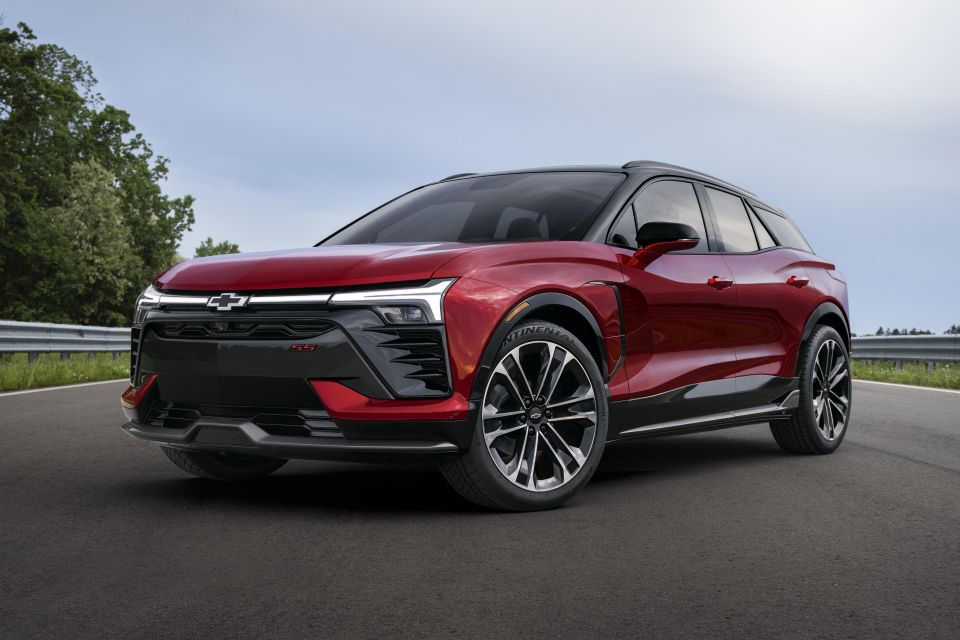
Today’s announcement will likely have no impact on other projects the two automakers are working on together, key amongst these are the new Honda Prologue and Acura ZDX. Both crossovers are built on GM’s BEV3 platform, use GM’s Ultium battery technology, and are built in the General’s factories alongside their GM siblings.
Earlier this month GM confirmed it was slowing the rate of electric pickup truck production to meet “evolving demand”.
Neither GM nor Honda has gone into any detail about how they will go about developing more affordable electric cars.
In the US, GM currently has that market cornered with the Bolt, which starts from US$26,500 ($41,900) without the US$7500 ($12,000) federal tax credit. Despite easily being the company’s most popular EV, the Bolt is scheduled to go out of production by the end of 2023.
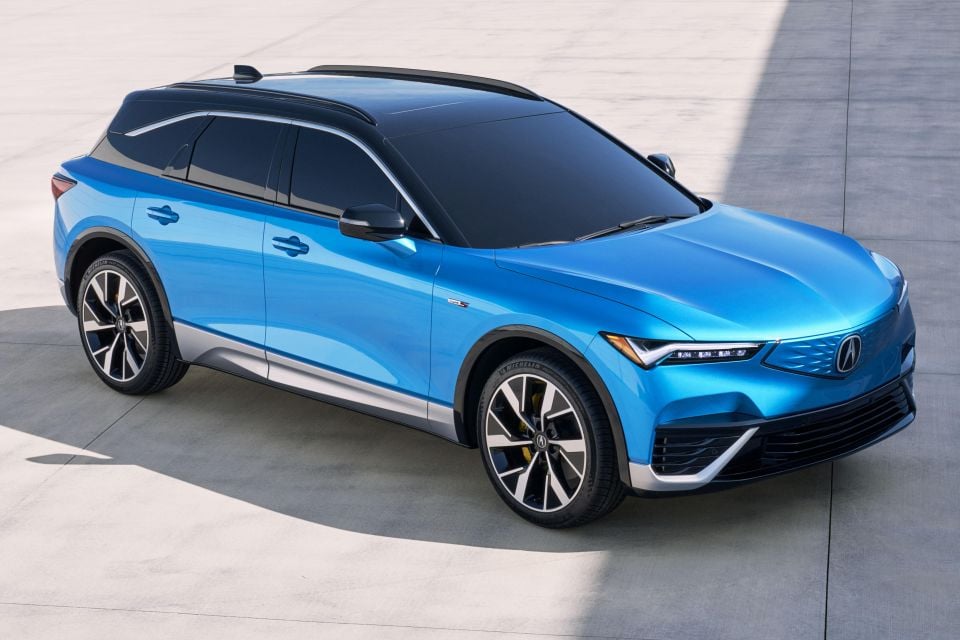
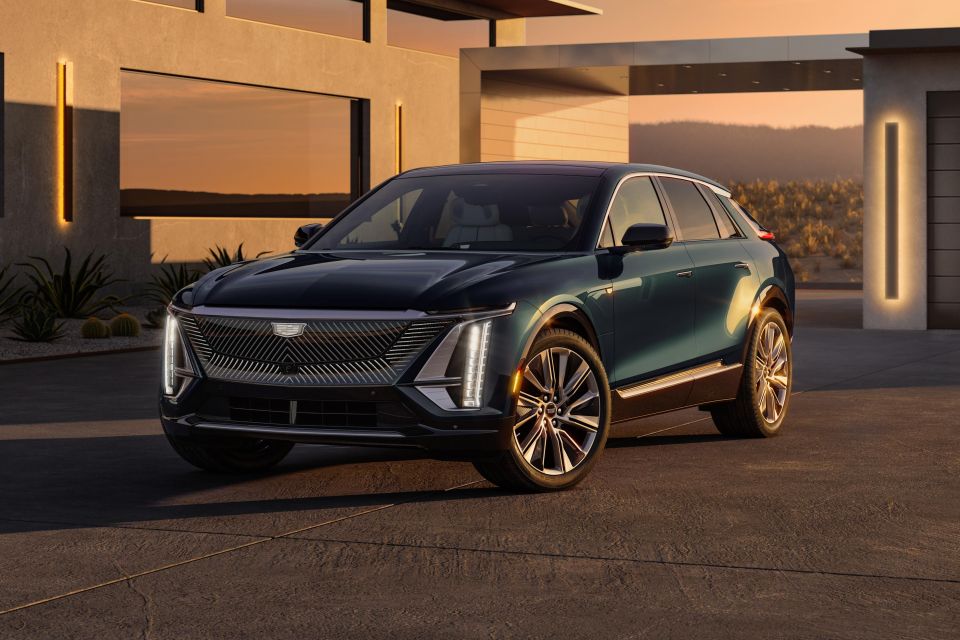
While there’s a second-generation Bolt on the drawing board, timing for this car has yet to be confirmed, and it’s unclear if today’s announcement will have any impact on its development.
The upcoming Equinox EV was originally meant to partially cover the Bolt-sized hole in Chevrolet’s range, but the car’s introduction has been pushed back to late 2024 and it’s uncertain if GM will stick to its promised US$30,000 ($47,000) starting price.
Meanwhile Honda’s least expensive EVs are limited to a clutch of HR-V-based models, an upcoming kei car, and the cute, but limited-range E hatch.
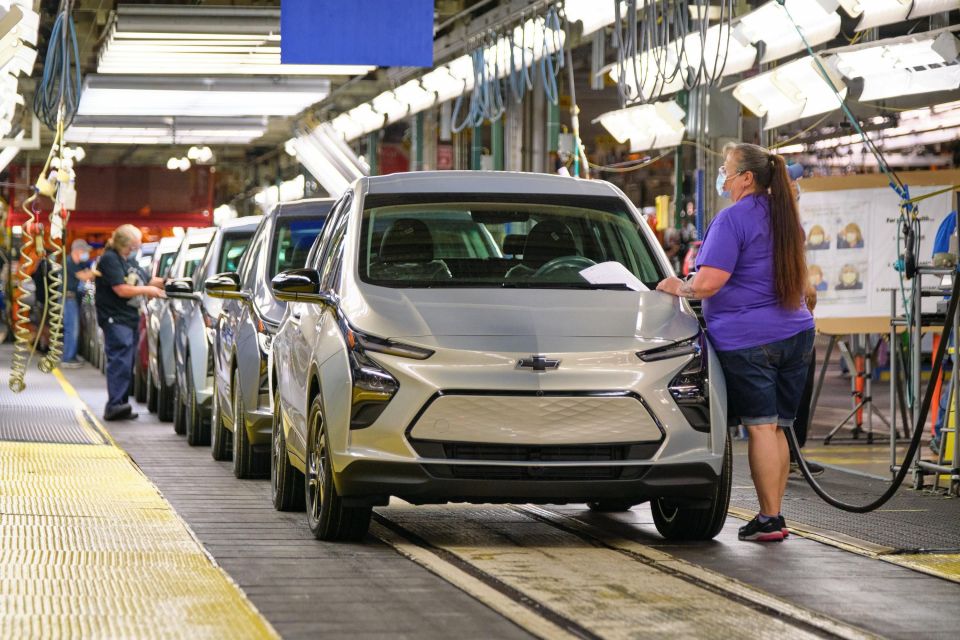
The automaker is also developing the electric-only e:N Architecture, but cars based on this platform aren’t due to appear until 2026. We don’t know what size and types of vehicles Honda has planned for this architecture, but its first three concepts were of larger cars.
A electric revival of the Prelude coupe was unveiled yesterday at the Japan Mobility Show, but it’s probably safe to assume this won’t be an affordable car in an absolute sense.
Derek Fung would love to tell you about his multiple degrees, but he's too busy writing up some news right now. In his spare time Derek loves chasing automotive rabbits down the hole. Based in New York, New York, Derek loves to travel and is very much a window not an aisle person.


Damion Smy
6 Hours Ago
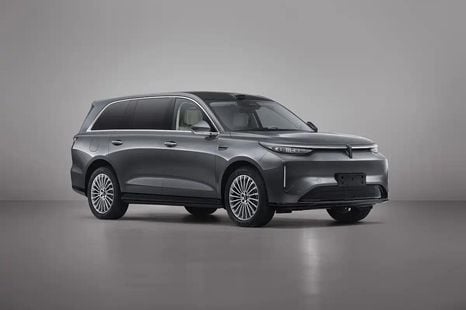

William Stopford
8 Hours Ago


Damion Smy
10 Hours Ago
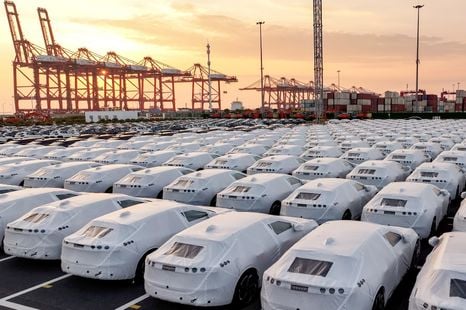

Ben Zachariah
11 Hours Ago
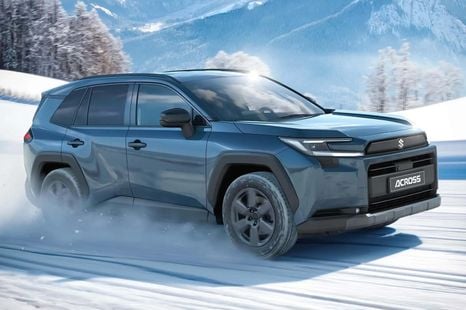

Damion Smy
11 Hours Ago
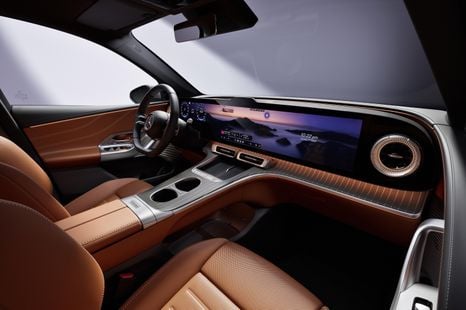

William Stopford
12 Hours Ago
Add CarExpert as a Preferred Source on Google so your search results prioritise writing by actual experts, not AI.